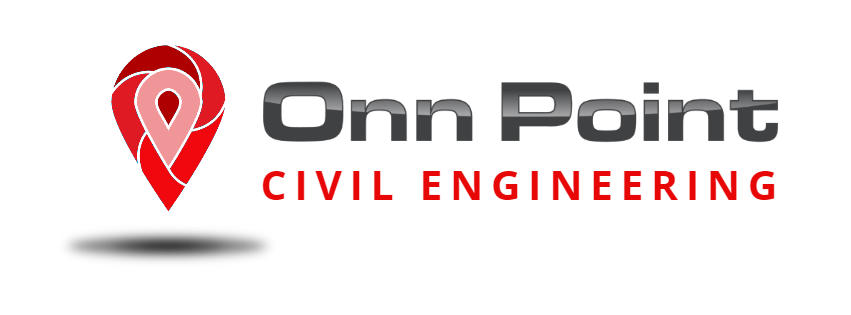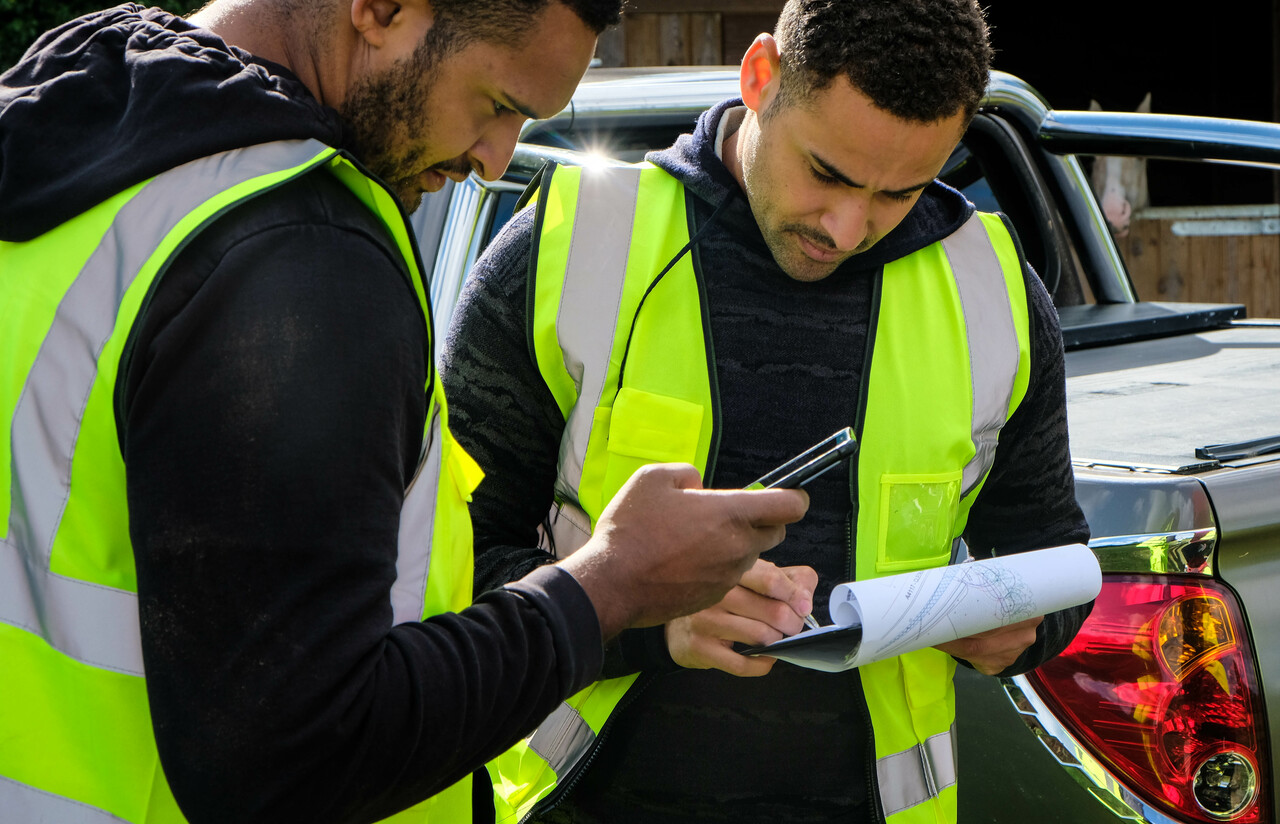Traditional drainage systems have long served us well. But as the world continues to evolve, the environmental repercussions of these outdated drainage systems are becoming more and more apparent. Increased flooding, water pollution, and habitat degradation are all things we can do without. The emergence of Sustainable Urban Drainage Systems (SuDS) represents a paradigm shift towards eco-conscious practices that not only alleviate flooding risks but also prioritise environmental conservation and community resilience.
At Onn Point, we’re proud to champion SuDS as the cornerstone of modern urban development. In this blog, we’ll explore the main benefits of SuDs and their role in shaping a greener, more sustainable future.
The Main Benefits of Sustainable Drainage Strategies
1. Flood Risk Reduction:
Traditional drainage systems often struggle to cope with heavy rainfall events, leading to flooding and property damage. Sustainable drainage strategies are designed to mimic natural water cycles and allow for better infiltration and storage of rainwater.
By reducing surface runoff and managing stormwater at the source, these strategies help mitigate flood risks and protect communities from the devastating effects of water-related disasters.
2. Improved Water Quality:
Conventional stormwater runoff often carries pollutants such as sediment, oil, and chemicals into water bodies. This can have a devastating impact on water quality and can also cause harm to aquatic ecosystems. Our drainage design specialist team incorporate features into sustainable drainage strategies like vegetated swales, constructed wetlands, and bioretention basins. These features act as natural filters, removing contaminants and improving water quality before it reaches streams, rivers, and lakes.
By treating stormwater close to the source, these strategies help preserve the health of our waterways and safeguard the environment for future generations.
3. Enhanced Urban Green Spaces:
SuDS not only serve functional purposes but also contribute to the creation of vibrant urban green spaces. They not only capture and store stormwater but also provide habitat for native plants and wildlife, improve air quality, and enhance aesthetic appeal.
By integrating green infrastructure into urban landscapes, cities can enhance liveability, promote biodiversity, and create valuable, long-lasting recreational spaces for residents to enjoy. A SuDS report is crucial when incorporating green infrastructure into cities and urban spaces.
4. Cost Savings:
While the initial investment in sustainable drainage infrastructure may seem daunting, the long-term cost savings are undeniable. By reducing the burden on traditional sewer systems, minimising flood damage, and improving water quality, sustainable drainage strategies can lead to significant savings in maintenance and infrastructure repair costs over time.
5. Climate Resilience:
As climate change intensifies, cities are faced with increasingly extreme weather events such as heavy rainfall, heatwaves, and droughts. Sustainable drainage strategies with our drainage design consultants play a crucial role in enhancing climate resilience by helping cities adapt to changing environmental conditions.
By incorporating flexible, nature-based solutions that can absorb, store, and release water in a controlled manner, cities can better withstand the impacts of climate change and ensure the long-term sustainability of their water management systems.
6. Regulatory Compliance:
With growing awareness of environmental issues and stricter regulations governing stormwater management, developers and municipalities are under increasing pressure to adopt sustainable drainage practices. By proactively integrating green infrastructure and sustainable drainage measures into their projects, developers can streamline the permitting process, demonstrate compliance with regulatory requirements, and avoid potential fines or penalties for non-compliance.
To conclude, sustainable drainage strategies offer a multitude of benefits for urban communities, the environment, and the economy. From reducing flood risks and improving water quality to enhancing urban green spaces and promoting climate resilience, the advantages of embracing sustainable drainage practices are endless.
At Onn Point, we’re committed to advancing sustainable solutions that prioritise the well-being of communities and the planet. Contact us to find out more about how we’re building a more resilient and sustainable future through innovative drainage strategies. Together, let’s make a positive impact on our cities and our world.

